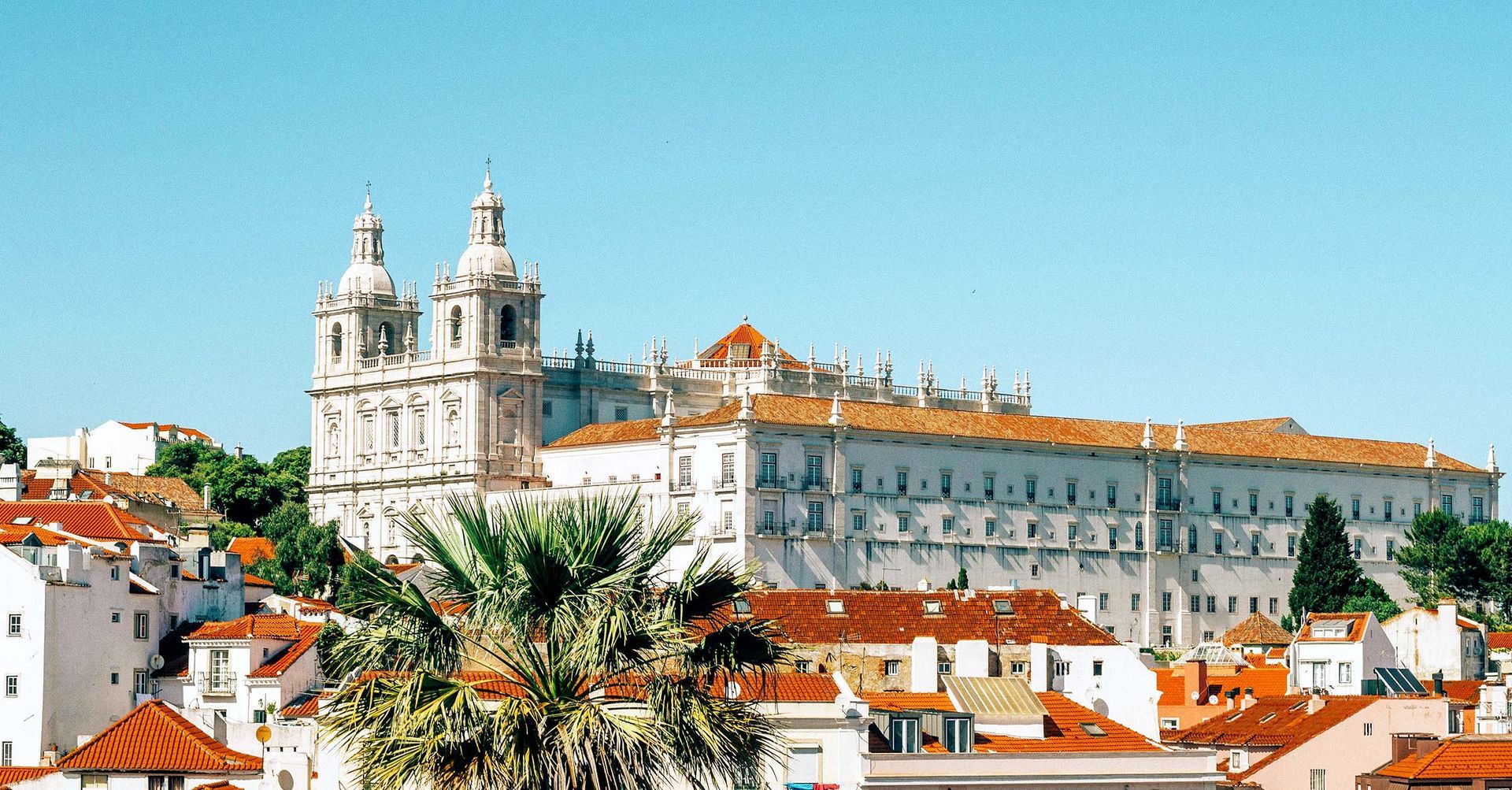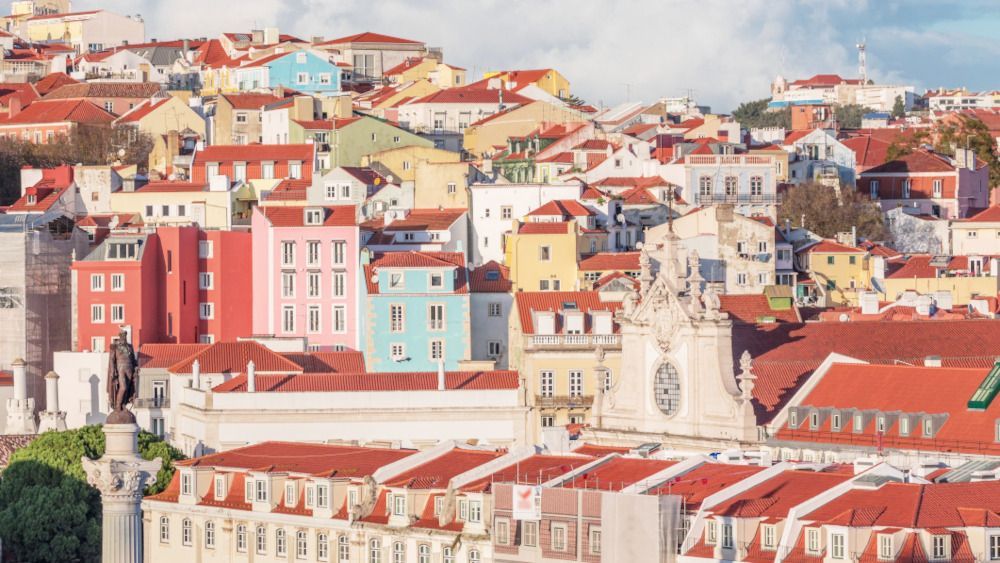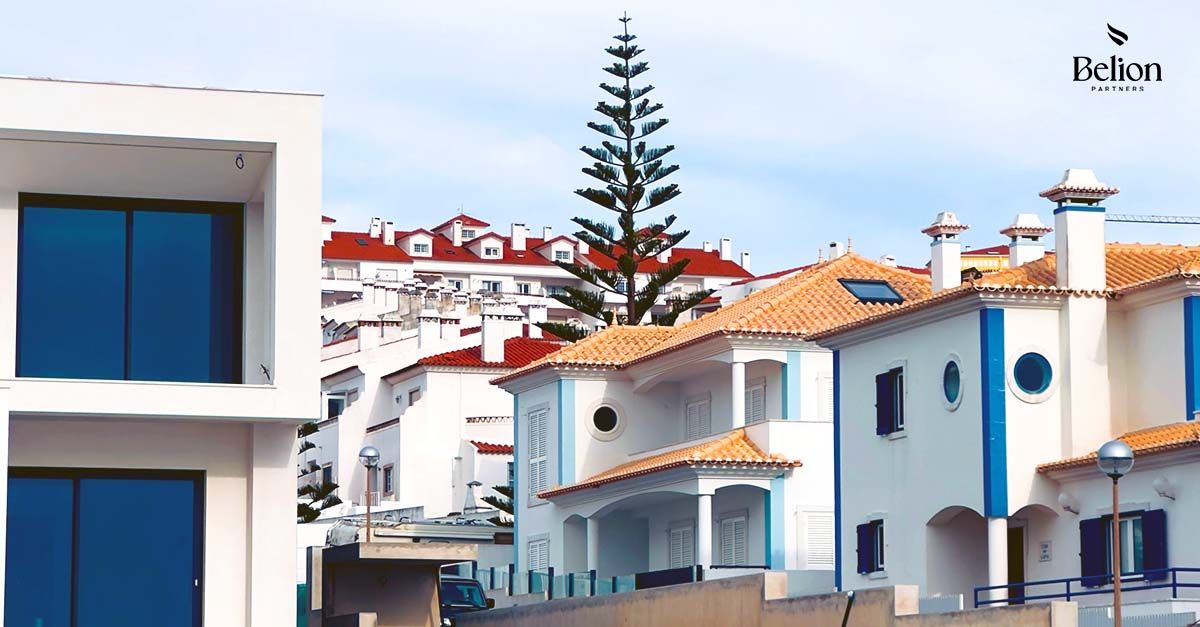Expat Interview: Living in Portugal
This is an interview conducted with
Helen
and
Daniel, aged 59 and 60 respectively, from Pittsburgh, Pennsylvania, USA.
When relocating to a different country, seeking advice from fellow expatriates can be immensely beneficial. They have navigated the same journey and can offer insights and tips that surpass what you might find in any online guide, drawn from their valuable experiences and the lessons they have learned along the way.
Undoubtedly, consulting someone who has previously relocated can be invaluable as you prepare to embark on a similar journey. However, what should you do if you don't have acquaintances with such experience?
On that thought, we have invited Helen and Daniel to share insights into their life in Lisbon, Portugal. They will uncover various aspects such as challenges they face, linguistic and cultural barriers, local cuisine, cost of living, and much more, providing a comprehensive overview.
1. What inspired you to retire and relocate overseas?
We had always intended to relocate to Europe once our kids were grown. We lived for a short time in London and had spent much of that time travelling in Europe. We had kept a growing wish list of places we dreamed of exploring.
During the pandemic two of our sons moved to California, our older son was married. They knew we were not satisfied living in the large home we had raised them in, each weekend was spent managing the needs of our home and yard. We knew that we wanted to move, but we were not sure where.
Our interest in Europe grew as politics, quality of life and civility in the US became problematic. Guns. Exploding healthcare costs. Political divisions between neighbours. Out of control policing. Racism. Women’s Rights. Really, it is very draining to experience all of this on a daily basis.
2. What motivated your decision to choose Portugal?
We were searching for a destination with mild winters and a stable government within Europe. Initially, Italy was on our radar, but concerns about its complexity for foreigners and the rise of fascist elements deterred us. Spain was considered next, but we were looking for a more diverse and tolerant population.
Our interest shifted towards Portugal, inspired by positive feedback about the country and its people from our family and friends. Visiting in the Winter of 2022, we were struck by the well-educated, diverse, and tolerant people we encountered. A preliminary discussion with a Portuguese lawyer and her team enlightened us on the visa requirements, positioning us as promising candidates. Lisbon, in particular, impressed us with its blend of people from various backgrounds contributing to its status as a peaceful and unique world-class city.
And of course, the food was great, too.
3. What led you to choose Lisbon?
Aware of life's unpredictability, we chose to live near a city with an international airport offering daily flights to the States. This ensures that in case of a family emergency, we can quickly return to assist them.
Additionally, by basing our
home in Lisbon, we could enjoy a plethora of cultural activities and, utilise the superb public parks and transportation system. We knew we wanted an urban lifestyle so that a car was not needed for our day to day activities.
4. What type of residence permit enables you as an American to live in Portugal?
Our residence permit is the Portugal D7 Visa.
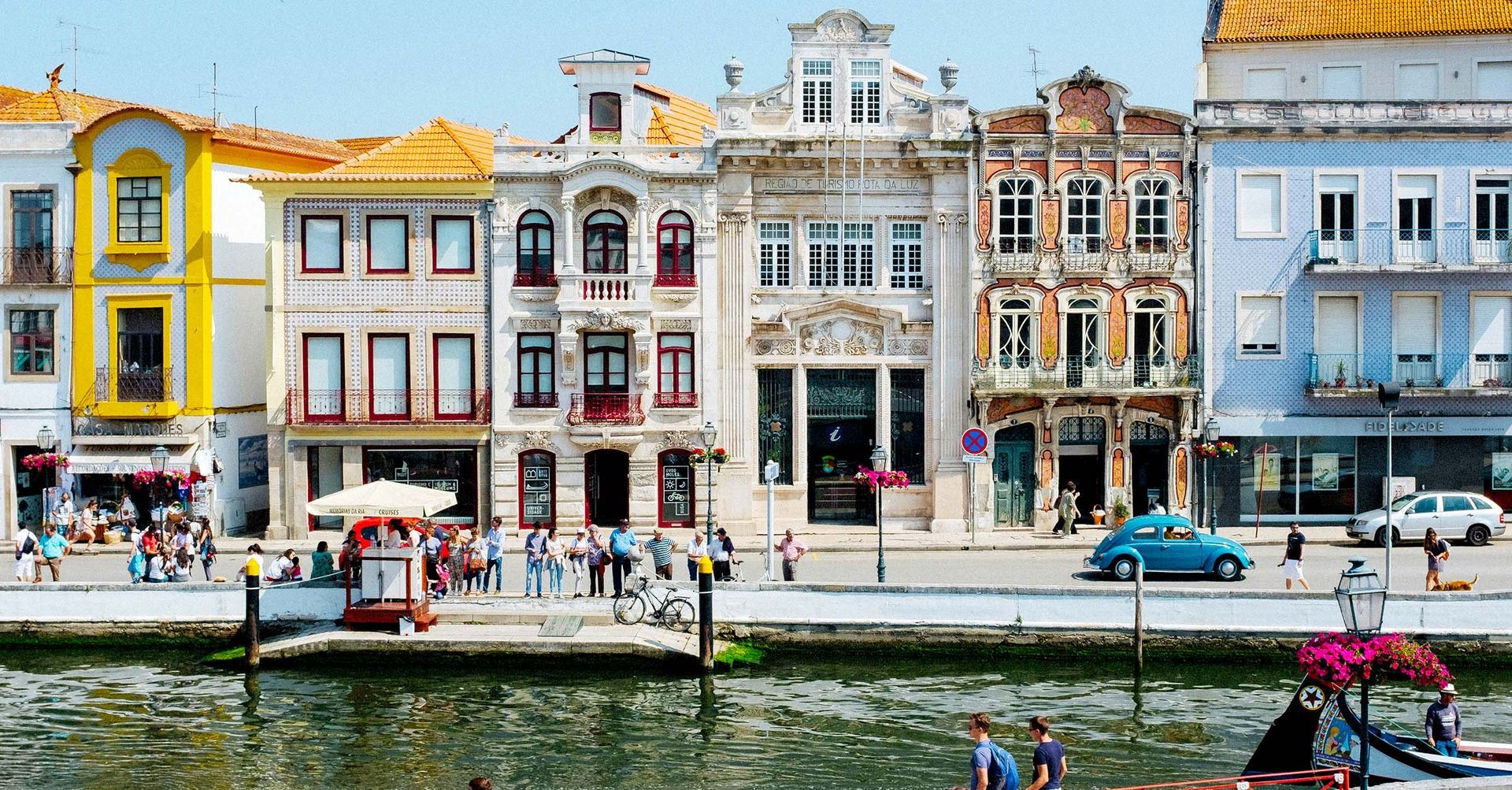
5. Did you encounter any resistance from your family and friends regarding your choice to relocate to Portugal?
The reactions were mixed. Our kids and a few friends were thrilled for us. We hope to inspire our children to develop their skills and pursue career opportunities outside the US. They have loved to visit us, and we keep in touch a few times a week.
Some of our extended family was not happy or genuinely surprised that we would make such a sweeping change at this point in our lives.
Most of our friends we met while raising kids together in the neighbourhood, we continue to have good relationships with them, but we were sad to say goodbye as it is more difficult to keep in touch with them because, at this point, we are all pulled in so many different directions.
6. Do you speak Portuguese? How challenging is it to navigate daily life?
We fully intend to master as much of the Portuguese language as we are able. Daily life in Lisbon without strong Portuguese skills is manageable. We can try to speak in Portuguese with those we encounter, and we are able to find our way through the city.
We seek out professionals (physicians, electricians, lawyers) who are accommodating enough to collaborate with us at our current stage of language learning. Occasionally, we find that our efforts are met with puzzlement or hilarity.
We appreciate kind-hearted Portuguese who have tried to correct our poor pronunciation in day to day exchanges. Some Portuguese people will automatically speak English in order to avoid hearing us speak their language poorly.
We are unfamiliar with using our Portuguese service provider's phone and answering machine, we cannot call for help in case of emergency. We walk through the streets and still take an extra minute to understand the meaning of street signs, menus, and conversations around us.
Sadly, we haven’t really formed any close relationships with our Portuguese neighbours.
7. What is the comparison between the cost of living in Portugal and the United States?
Overall, our expenses have significantly decreased, largely due to downsizing from a large home. costs for utilities, food, and healthcare have declined markedly
However, the cost of travelling to visit family has increased. Similarly, expenses for electronics and technology are higher.
8. Where do you obtain your healthcare services? Are you covered by a local insurance policy?
Visa regulations require that we carry private health insurance. We utilise private practice for healthcare access and turn to the SNS - Sistema Nacional de Saúde when required, as certain medications are only accessible through the public system.
9. Is there anything you wish you had been aware of or approached differently before relocating to Portugal from the United States?
We should have learned more Portuguese and Portuguese history. And we would recommend those considering a similar move to definitely reflect on the challenges, such as, how strongly the time zones differences with family and friends impact staying in touch.
"Our routine seems unhurried and less stressful compared to the lives we lead in the US."
10. Do you have many Portuguese friends, or do you tend to socialise more with fellow expatriates?
At this time, we have a few close Portuguese friends and a few acquaintances, but day-to-day activities are generally spent with expats or new residents who are helpful in sharing their experiences and advice for understanding the Portuguese way of doing things.
11. Do you feel “accepted” in the local community?
Sometimes. For the most part, we are still considered outsiders, especially due to the language barrier. But overall, the Portuguese people have been welcoming and friendly towards us. We have found that making an effort to learn the language and culture has helped us feel more integrated in the community.
12. Did you relocate to Portugal from the United States for retirement, or are you still employed? If you are working, is it for a local or an international company?
Daniel is employed full-time at a company headquartered in Porto. I have volunteered with various organizations based in the US.
13. What aspects of life in Portugal appeal to you, particularly in your own city?
We love Lisbon. When either of us feel blue or homesick, it is nice to go outside and see the beautiful parks filled with people. We have parks in American cities, but they are not as cared for and loved by residents as the parks we visit in Portugal. We appreciate the sense of safety in Lisbon and that the people we see are so civil and kind to one another.
We like to feel part of a very multicultural and thriving community. We love to see so many independent booksellers and people reading in parks and on trains. We love the food. Our routine seems unhurried and less stressful compared to the lives we lead in the US.
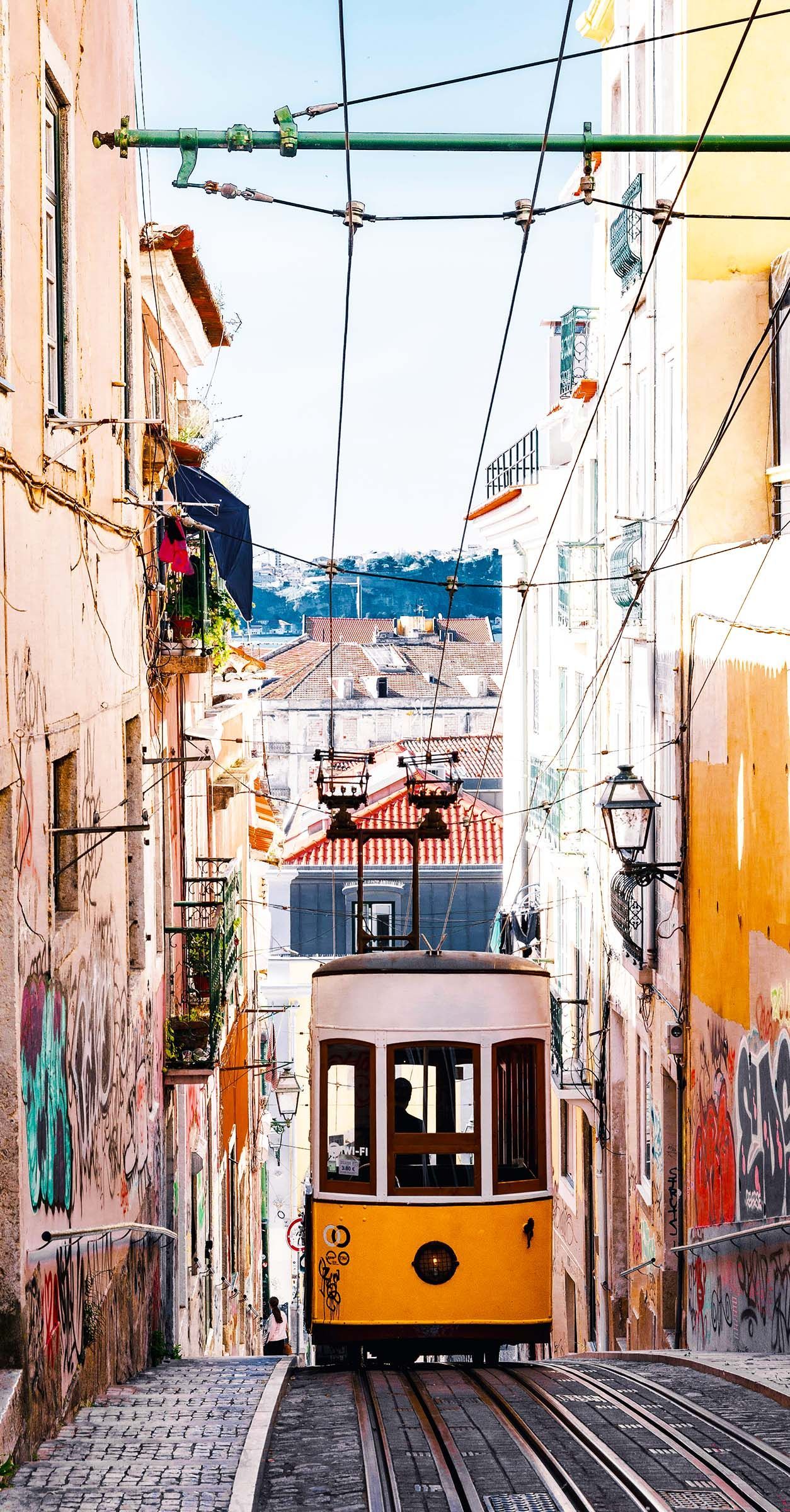
14. What challenges do expatriates face when residing in Portugal?
Firstly, we do not consider ourselves as expats. We hope to eventually gain Portuguese citizenship, we are not here for tax reasons, nor do we view our relocation to Portugal as temporary.
One ongoing challenge we face is securing reliable and skilled contractors. Our historic home
requires extensive repairs, yet finding contractors who consistently deliver on their contractual promises proves difficult, as many come and go with varying degrees of commitment and quality.
15. What advice would you give someone contemplating relocation to Portugal?
Take your time getting to know your new home before buying. Learn Portuguese. Try to have a sense of humour about the challenges, moving later in life has additional challenges. Plan for damp cold winters (but not freezing). Look for caring kind people and ask for help when you need help. It can be lonely and scary moving to a new country.
16. What are your longer-term plans? Do you intend to stay in Portugal for the foreseeable future?
We hope to stay in Portugal for the foreseeable future. As previously stated, our aim is to obtain Portuguese citizenship eventually. Another goal is attaining functional competence in the Portuguese language. Our decision to move to Portugal is not motivated by tax benefits, we do not consider our relocation to be temporary.
17. Anything you would like to add to assist others in making a decision to move overseas?
Ask lots of questions, read, study, talk to people who have already moved here. If possible, find a professional lawyer who will help with understanding legal requirements of the immigration process.
Thank you, Helen and Daniel, for graciously sharing your thoughts and insights on your new life in Lisbon. Your perspectives have provided a valuable glimpse into the experiences of newcomers in Portugal. We wish you both an enriching journey ahead filled with memorable moments and a deep sense of belonging within the vibrant local community.
If you are considering relocating to Portugal and, require assistance or information regarding the best option to obtain Portuguese residency or any related matters, please don't hesitate to contact our team. We would be delighted to assist you.
